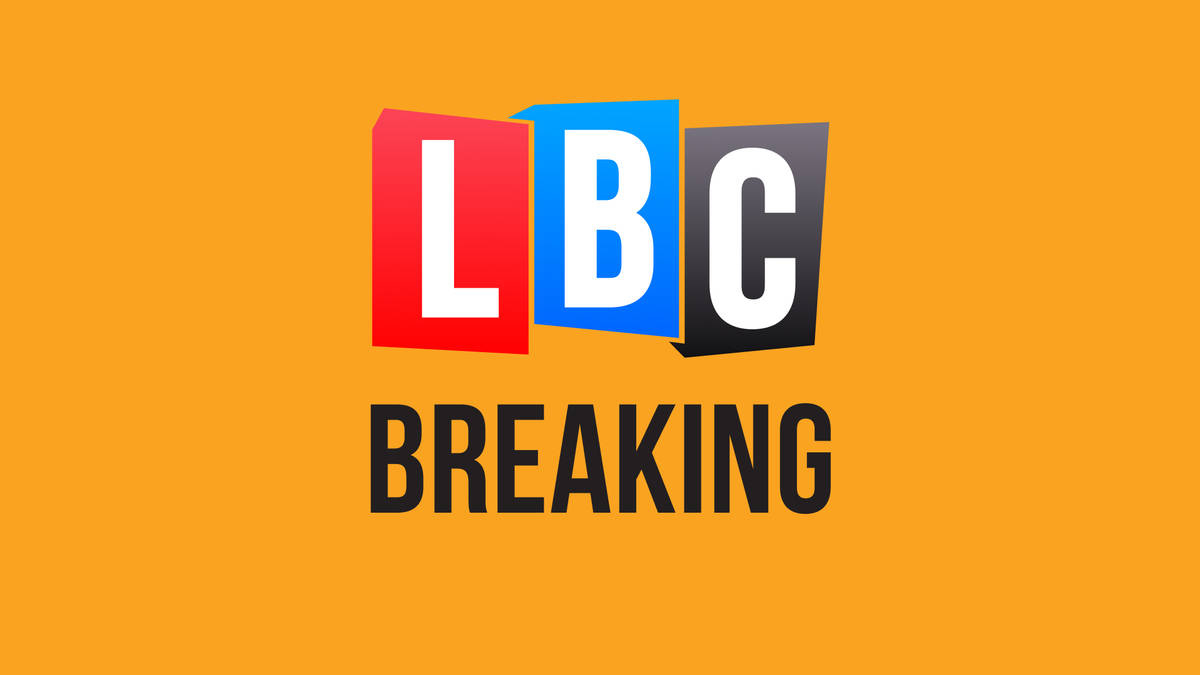World
Israel-Lebanon latest: Israeli airstrikes on Lebanon continue as thousands flee homes in southern Lebanon

‘We don’t know what will happen next’published at 21:54 British Summer Time 23 September
Nafiseh Kohnavard
BBC Persian Middle East correspondent, in Beirut
We’re in front of one of the schools in Beirut that has been receiving displaced people from the south.
It’s pretty crowded. Cars are arriving one after another, most of them packed with women and children.
“It’s a tough day. This is the first wave of people and we expect more as people are still stuck on the roads,” Dr Rami Najem, a volunteer in charge of accommodating people at this school, tells me.
According to Dr Rami, they have already received about 600 people since this afternoon “but definitely the number will go higher”.
Roads from the south towards Beirut are blocked by traffic jamming as thousands left their homes in panic.
Dr Rami says since 8 October – the day that the exchange of fire between Hezbollah and Israeli army started on the Lebanon-Israel border – there were some emergency planes drafted by the government in coordination with rapid response teams, volunteers and other aid organisations.
“But plans and preparations is something. The reality on the ground and executing those plans are something else,” he adds.
“We have enough mattresses and blankets for people to sleep but there is no food and not enough water for these people right now”.
Only a couple of hours before our interview, Israeli jets hit a building in Dahieh, a Hezbollah’s stronghold in the southern suburbs of Beirut, not far from this school.
I ask Dr Rami if people can feel safe here. “We don’t know what will happen next if this school itself will be safe,” he says.










